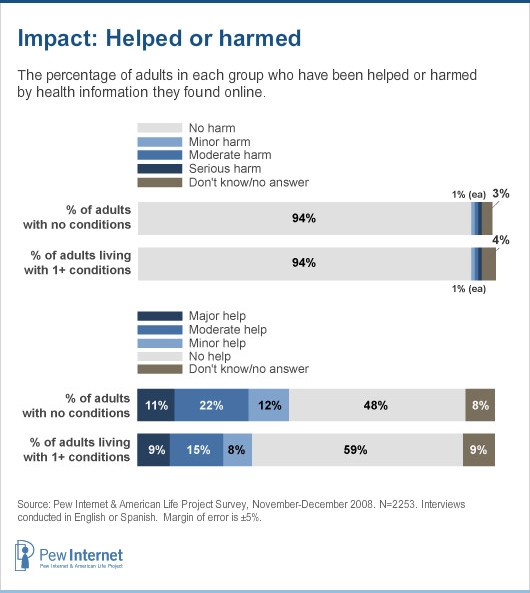I have a new post up on Medium, illustrated with this gem from a 2012 post: An excerpt: We can’t let misinformation—or worse—go by without comment. I think it’s time for more people to speak up in health care. More pediatricians should express their measles outrage. More people should chronicle the reality of living with chronic conditions.
ethics
The goal posts of life
Earlier this week, John Sharp tweeted a link to a New York Times column by Abigail Zuger, MD, about the “Unworried Unwell” — people who have been told that they are very ill, but do not seem to want to do anything about it. The comments are wonderful, particularly the Reader’s Picks, including helpful tips about […]
The Lake Wobegon effect in health care — and how to fight it
Humans have a tendency to overestimate our abilities and those of people we trust. It’s been called the Lake Wobegon effect, after a mythical place where “where all the women are strong, all the men are good looking, and all the children are above average.” It’s a punchline with a dark edge. Consider the following: According to […]
Big data, red flags, better health?
A new interview with Stephen Wolfram on “why he thinks your life should be measured, analyzed, and improved” popped up on the same day that American Medical News ran a story advising clinicians to look for “red flags” like unfilled prescriptions and delayed screenings since it may mean the patient has lost their job or […]
Fact checking at Medicine X
I had the great honor of being part of the first Medicine X conference at Stanford University last weekend. I presented a sneak preview of new survey results collected by the Pew Internet Project and the California HealthCare Foundation. Overall, the conference was magical, as I wrote in a previous post. In this post I […]
“Privacy leaves the room when cancer enters.”
– John Wilbanks talking about unintended consequences of informed consent. Read a summary of his talk and a clarification.

Recent Comments